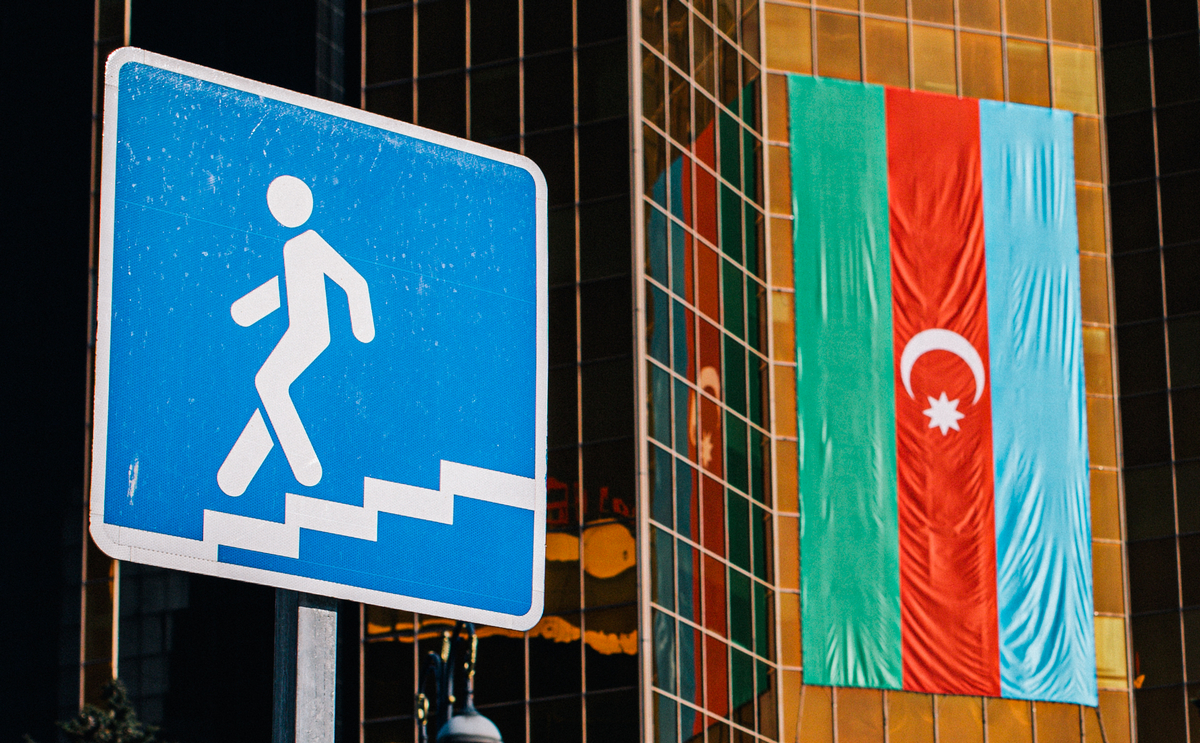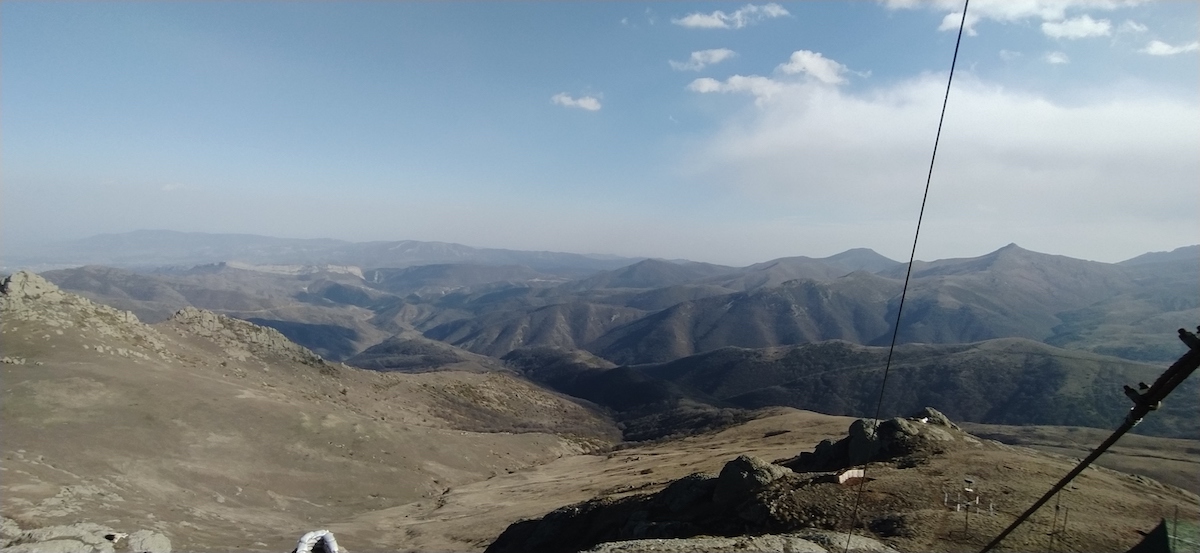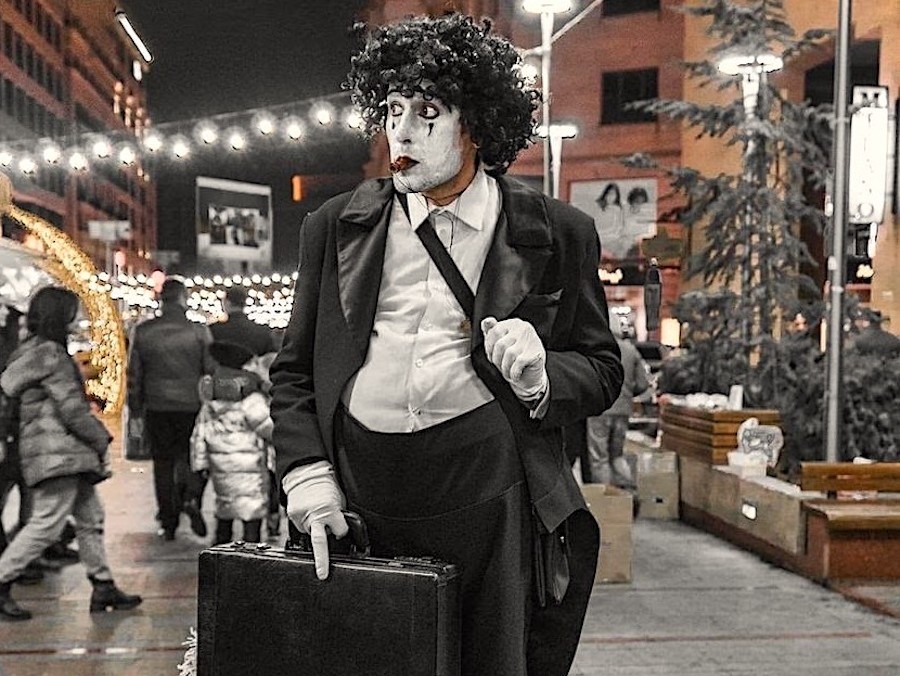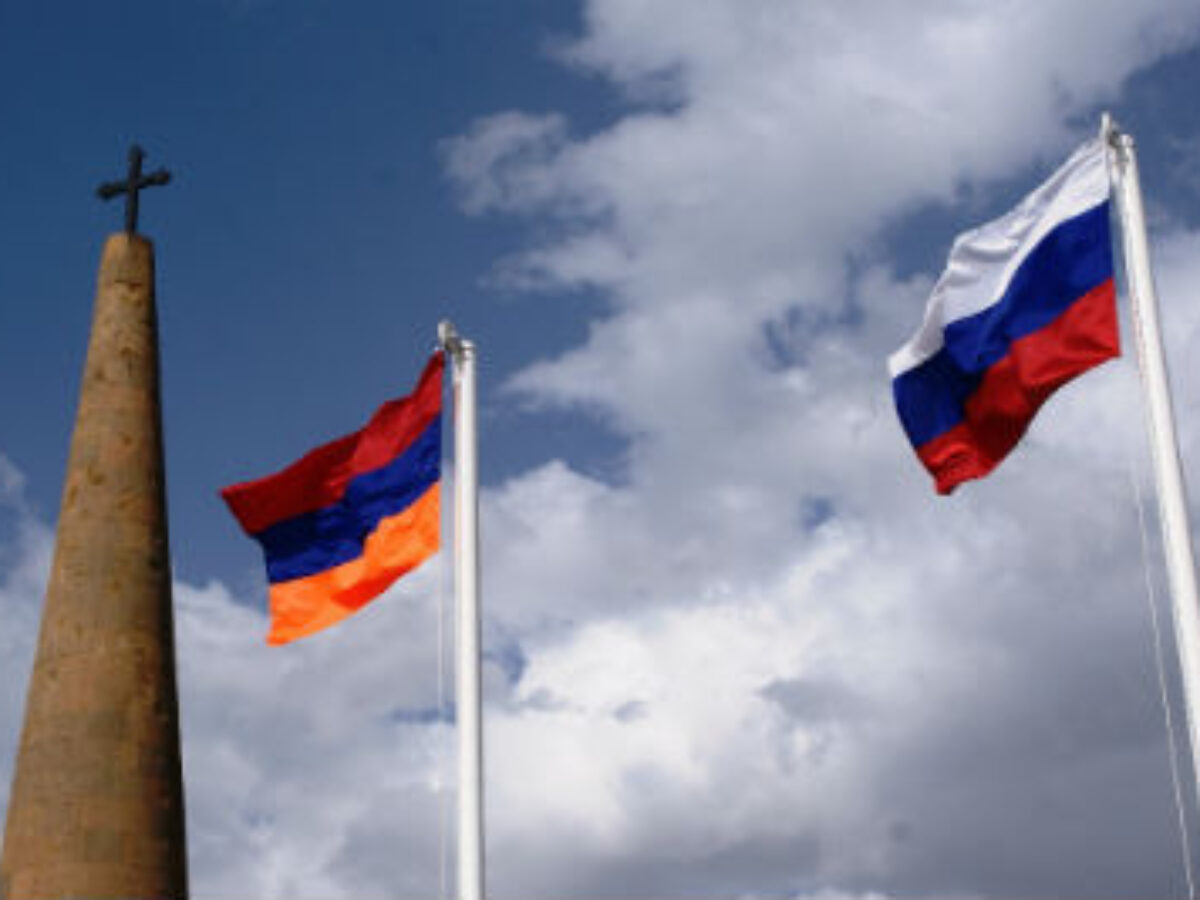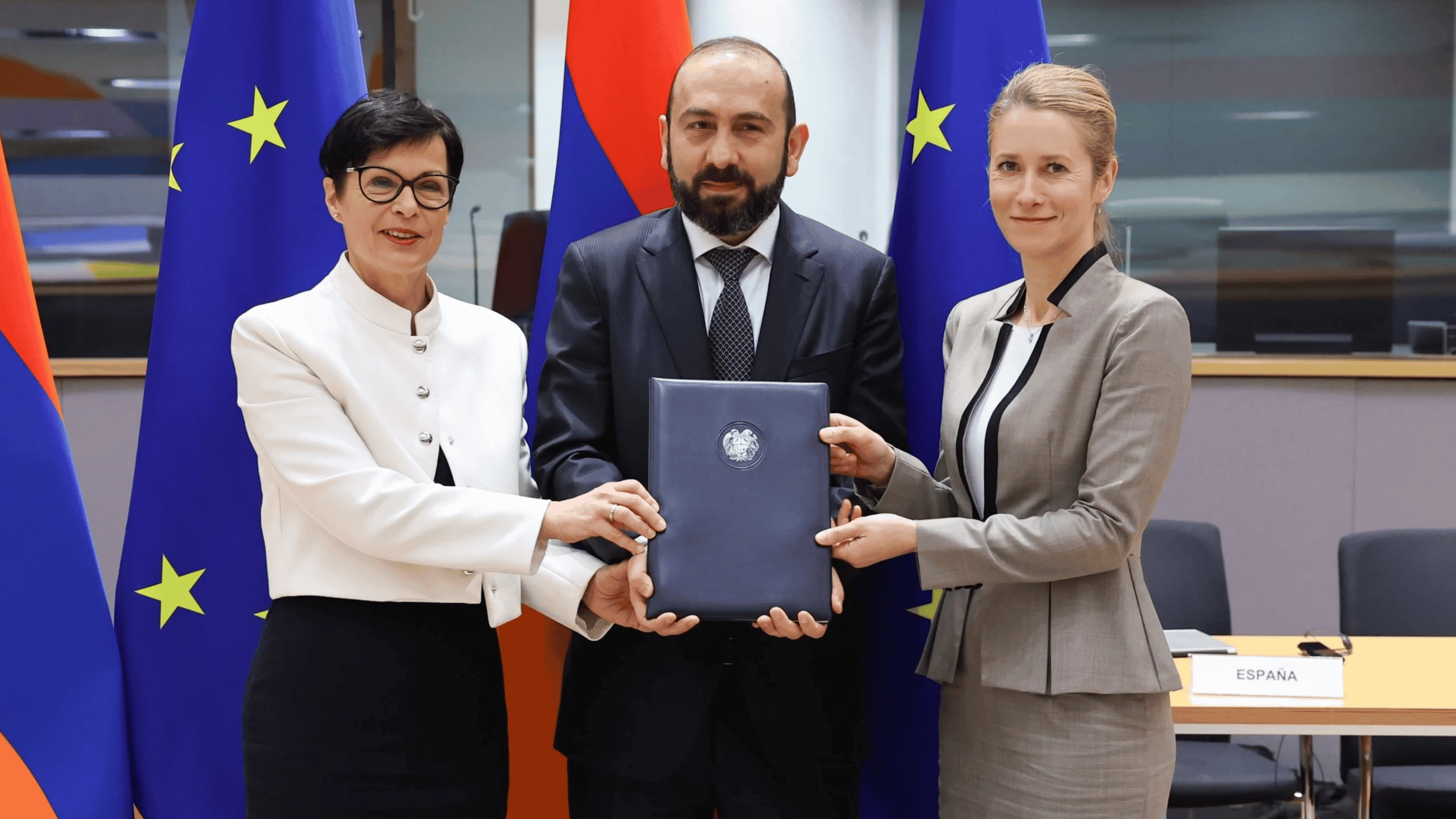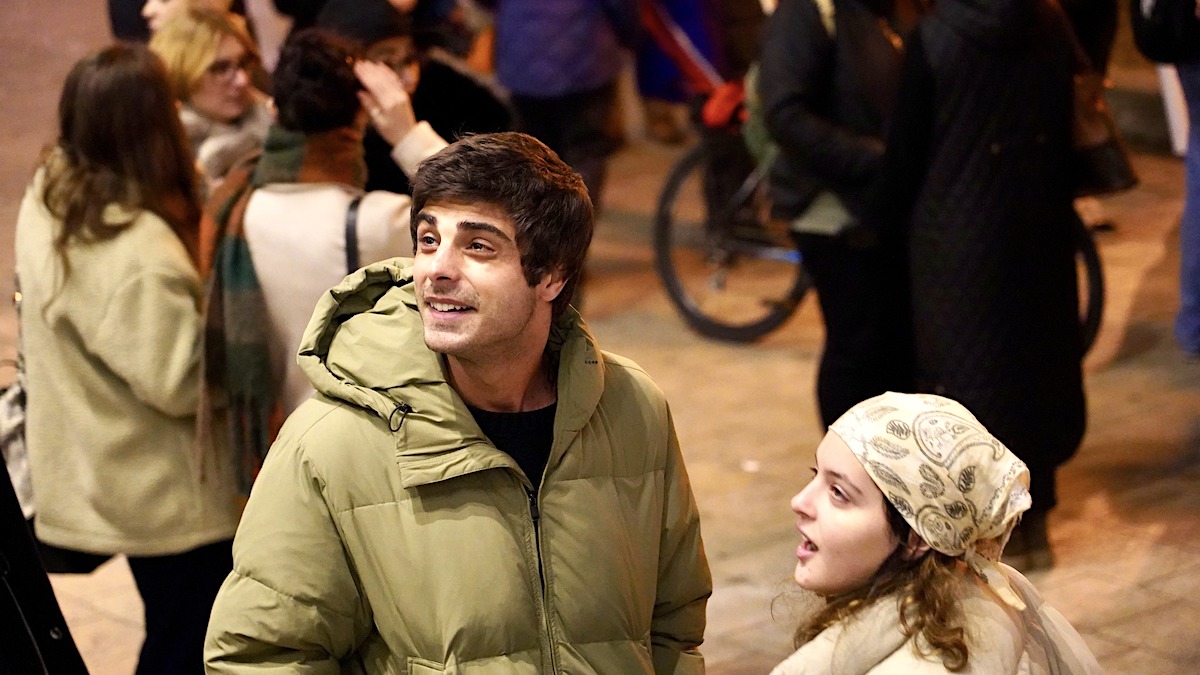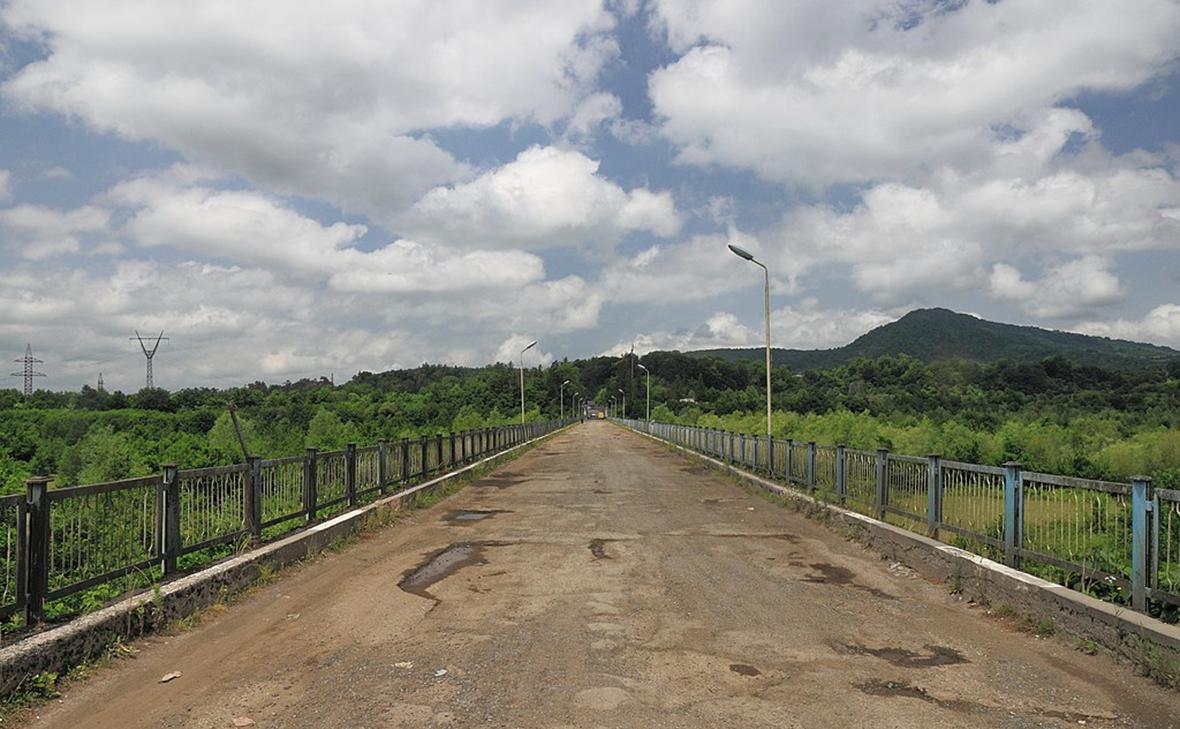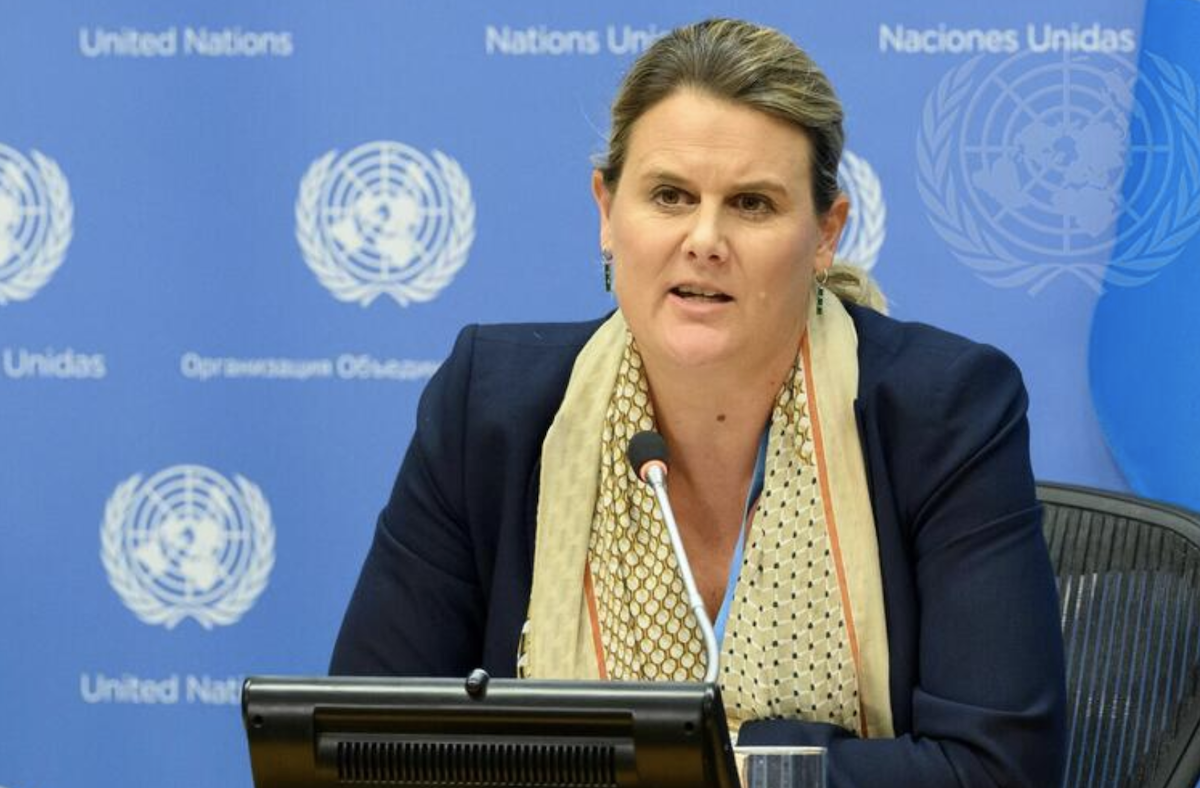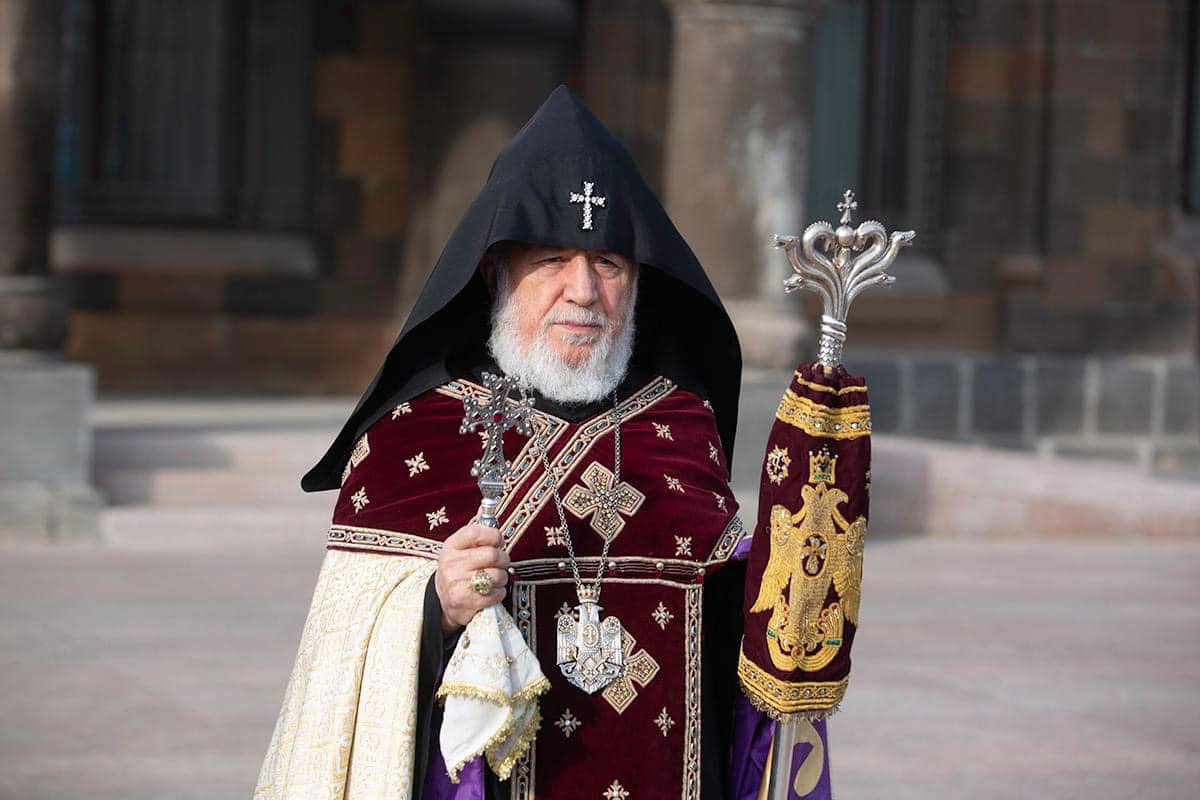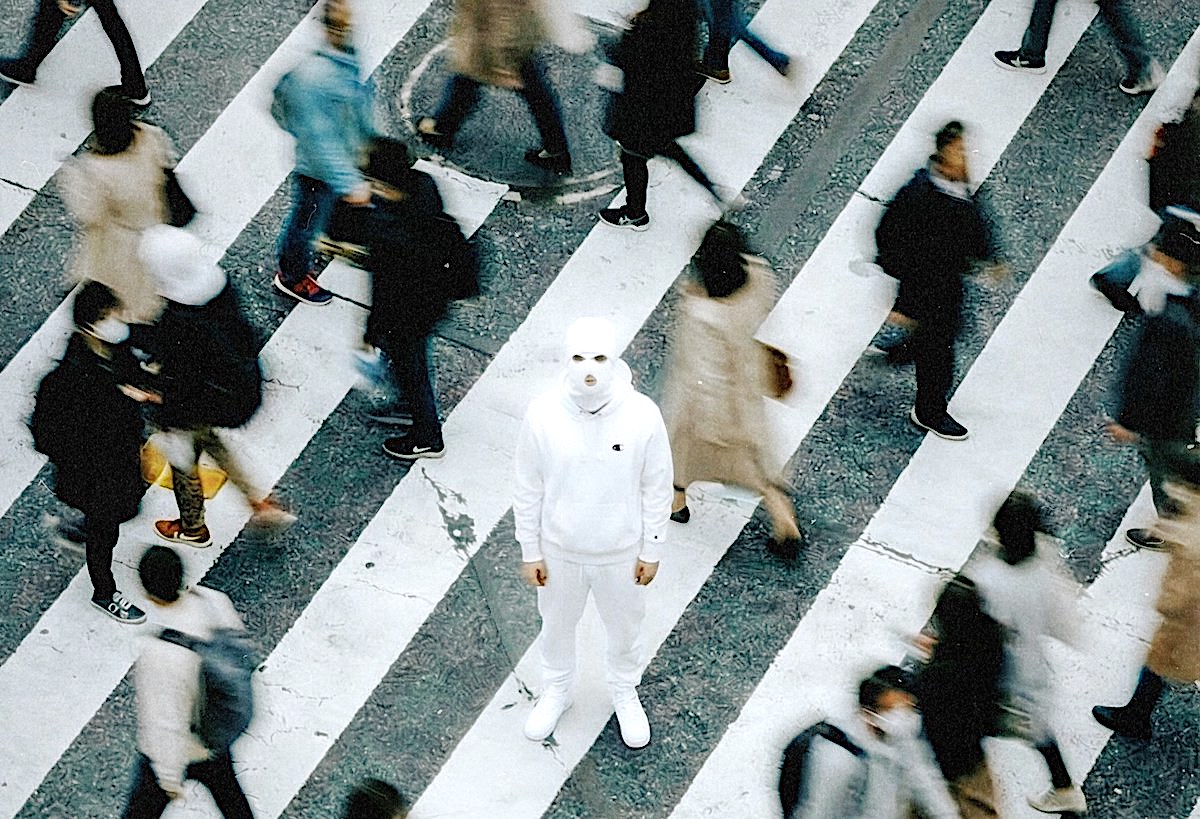"When fighting is ongoing, you don't choose who to save" - a story of doctor Hakob
Second Karabakh war doctors
During the 44-day Armenian-Azerbaijani war in Karabakh in 2020, Hakob Khachatryan was one of those who were saving people, not killing them. Faithful to his professional duty, he helped whom he could, regardless of whether they were Armenian or Azerbaijani – regardless of nationality in general.
Surgeon Hakob Khachatryan shared his story with the “Trajectories” project.
Doctor Hakob changed his place of work six times during the war, but his mission remained unchanged: he saved and healed everyone, regardless of their nationality.

“We provided first aid to a lot of Azerbaijanis”, Hakob calmly explains with calmness, so characteristic of medical practitioners. “Sometimes we knew when the wounded we were treating were an Azerbaijani, and sometimes we didn’t”.
“As I was going into the surgery room, knowing that I would be operating an Azeri during the war, I only had one thought: someone on the other side would probably do the same for an Armenian”.
During the war, Hakob operated on several Azerbaijanis and provided first aid to many of them. He says that he did not have time to think about it, he just did what he couldn’t not do.
“When fighting is ongoing, you do not think about who to save, there is no time to determine who is Armenian and who is not. You do what you have to, you fulfil your professional duty, and the need to help the wounded is the only thing in your consciousness”.
He recalls having both an Armenian and an Azerbaijani on the operating table. The Armenian could not be saved, but the Azerbaijani survived.
- Guilt for two: why Armenia and Azerbaijan should admit their mistakes
- Post-war mosaic butterflies in Armenia
- “People want to get to know each other”: what Armenians and Azerbaijanis discuss in Caucasian Crossroads Facebook group
Hakob worked in Stepanakert (Hankendi), then in the village of Kagarci of the Martuni province (Khodjaven) district. It was in Stepanakert, during the war, when I first met Hakob.
Back then I thought that if I ever met him again, I would immediately recognise him.
It did not happen. Our second meeting took place in Yerevan, approximately a year after the end of the war. I did not recognise him.
Instead of a bearded, thin, sloppy dressed man with eyes half closed from exhaustion, I saw a youthful looking, clean-shaved strong young man with a spark in his eyes.
“I don’t want to talk about the difficulties – hunger, lack of basic living conditions, complete lack of hygiene, sleepless nights”, says Hakob and suggests that perhaps I didn’t recognize him because life returned to normal after the war and everyone began to look more ordinary.
“We arrived at the hospital, entered, the doors were already open. I will never be able to forget what I saw there. It was a complete disaster, because at that time there were not only the wounded, but also the bodies of the dead”.
It was in Jabrayil, and it was the only place where Hakob worked in a real hospital. In all other places, he and his colleagues worked wherever they could find a roof over their heads or a more or less safe corner.
Speaking of hell, Dr. Khachatryan presents a picture in that same hospital. He thinks hell looks like what he saw there. But you’re alone in this hell, he says.
“There is no one, only you, in your hand is a lancet and you can only hope for yourself and God. And that’s all”.
Hakob and his colleagues didn’t have a pen and paper, and they didn’t have the time or opportunity to take notes on their phones. Therefore, he does not now remember exactly how many days they worked in each of the six places where their hospital ended up.
He remembers that they spent the longest time in the village of Tog in the Hadrut region. This was the second stop on the retreat.
After that, they came to a place called “Red Bazaar”. The most important thing that he realized during the retreat was the strength of a single person.
He says he has witnessed how one person can change the course of events and how the presence of one person can be a turning point in even the harshest environments.
“We worked as a small team. During all this time, in all the places of the war where we were, we received about 2,500 wounded, we carried out 2,500 operations. And if 500 of them were my patients, then, if not for me, then there would have been 500 more dead people, dead or incapacitated.”
If you divide 2,500 by 44 days of war, it turns out that Dr. Khachatryan and his small team saved the lives of 57 people a day, regardless of their nationality.
The best measure of what he has done, Hakob says, is the phone calls he receives every day. The soldiers remember the one who saved them.
It can be assumed that the Azerbaijanis, who live thanks to him, remember Dr. Hakob kindly.












